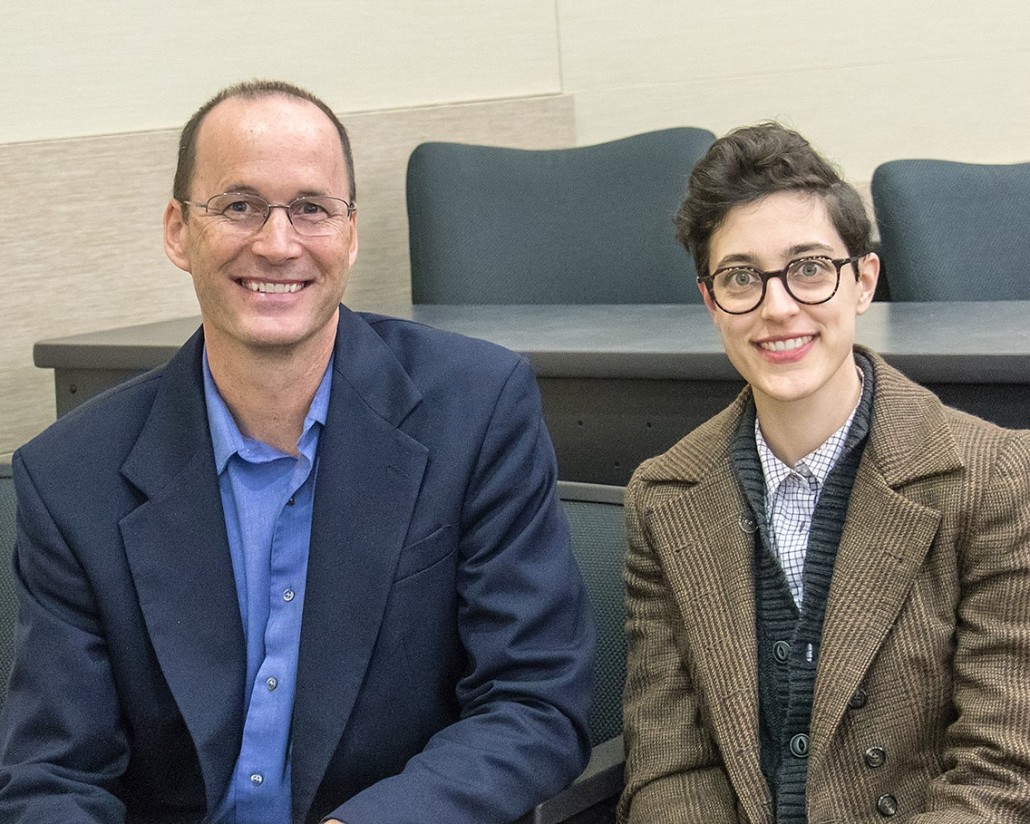Orlando Pharmaceuticals
Diagnostic Test Kit Predicts Patient Response to Treatment
Drug resistance in patients has become commonplace in modern medicine. Orlando Pharmaceuticals is developing a diagnostic/test kit to help physicians predict patient response to the FDA approved drug, Eflornithine (DFMO). DFMO inhibits the ability of tumors to synthesize polyamines needed for their growth. Treated cells often respond to DFMO therapy by increasing the levels of specific proteins involved in the import of polyamines. The imported polyamines allow these cells to circumvent DFMO’s inhibition of polyamine biosynthesis. The test determines the levels of these specific proteins in a biological sample, and can predict the sensitivity and resistance of tumors to DFMO. The kit could also have widespread application in a broad range of research inquiries and medicines targeting polyamine metabolism.
According to clinicaltrials.gov, there are seven ongoing trials of DFMO in the treatment of African sleeping sickness, cancer prevention and neuroblastoma. DFMO blocks the ability of cells to biosynthesize polyamines needed for cell growth. Drawbacks for treatment with DFMO include the cancer’s escape of the drug’s action via the import of polyamines into treated tissues or tumors. The proposed diagnostic/test kit will measure specific biomarkers associated with polyamine transport in biological samples such as blood, feces, urine, and tissue to indicate which tumors have high polyamine transport activity and thus predict which patients with disease will become DFMO resistant.
There are currently no commercial enzyme-linked immunosorbent assay methods to test for the proposed combination of biomarkers. The diagnostic/test kit will quantify the key proteins involved in polyamine transport and facilitate the investigation of a broad range of human diseases that arise from disordered polyamine metabolism (e.g., cancers). This new diagnostic step is designed to transform DFMO into a personalized medicine by informing physicians which tumors will regress when treated with the drug.
“We are very excited to see the commercialization of this technology using the lean-startup approach we learned in the I-Corps course at UCF this spring,” said Dr. Phanstiel. The team has also developed a novel approach to address tumors which escape DFMO by using a combination therapy of DFMO and a proprietary polyamine transport inhibitor.
The Orlando Pharmaceuticals team consists of Kristen Skruber, a master’s student in Biotechnology at UCF, as the Entrepreneurial Team Lead, with Dr. Otto Phanstiel IV, a professor in the UCF College of Medicine, participating as the Academic Team Lead and Keith Low serves as team Mentor.



